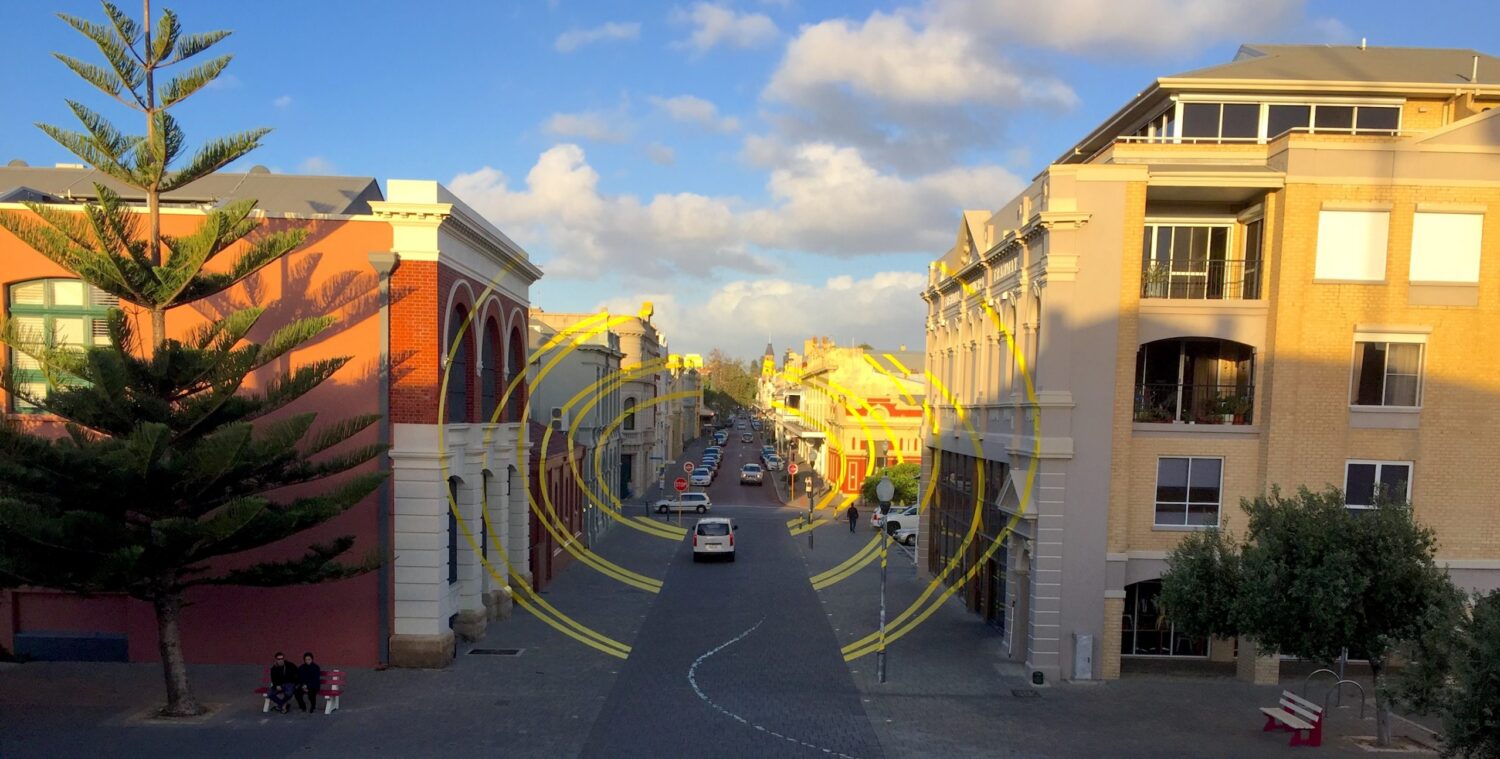Lego for Psychotherapists
Turns out that there there is a key difference between teaching kids how to play with legos, versus telling them what to build.
Frontiers of Psychotherapist Development
At the Bleeding Edge of Development, Reaping Benefit for Our Clients.

Clinical Supervision / Deliberate Practice / Feedback Informed Treatment / First Principles / Reimagining Education in Psychotherapy (REP)
by Daryl Chow, MA, PhD · Published October 30, 2019 · Last modified November 6, 2019
Turns out that there there is a key difference between teaching kids how to play with legos, versus telling them what to build.
Feedback Informed Treatment / Personalised Learning / Reimagining Education in Psychotherapy (REP)
by Daryl Chow, MA, PhD · Published October 22, 2019 · Last modified October 23, 2019
The Reimagine Education in Psychotherapy (REP) Series, Part 3. I cannot fail. I failed way too many times in my primary, secondary, and even in tertiary education. It was challenging to not be succeeding...
Personalised Learning / Reimagining Education in Psychotherapy (REP)
by Daryl Chow, MA, PhD · Published October 14, 2019
I propose that in order for us to reimagine education in psychotherapy (REP), these 3 types of knowledge—content, process, and conditional—can serve as a primary conceptual framework.
Competence in content knowledge can create a false confidence of ability. Meanwhile, analogous to a good music not necessarily needing music theory to make good music, it also begs the question if content knowledge needs to serve as a basis for process and conditional knowledge. Perhaps if schools treat these 3 domains ecologically, and not hierarchical; learners might experience the critical interplay early in their higher education.
Personalised Learning / Podcast / Reimagining Education in Psychotherapy (REP)
by Daryl Chow, MA, PhD · Published October 4, 2019 · Last modified February 4, 2021
There are two different ways to think about how we educate psychotherapists. The first is a banking model. Traditionally, in a banking model, we teach the theory, research, fill it in the learner’s minds, attempting to download and fill the learner’s mind with knowledge, and about 4 years later, we then send them off for practicum and begin the real work.
The second way is a kindling model. In this approach, we flip the banking model on its head, and start with the action, igniting a deep interest while continuously fanning the flame, and then learn to synthesise, join the dots and form new conscious knowledge—after the fact.
More

Daryl Chow, MA, Ph.D. (Psych) is a practicing psychologist and trainer. He is a senior associate of the International Center for Clinical Excellence (ICCE). He devotes his time to workshops, consultations, and researches on the development of expertise and highly effective psychotherapists, helping practitioners to accelerate learning and improve client outcomes.
Recent Comments